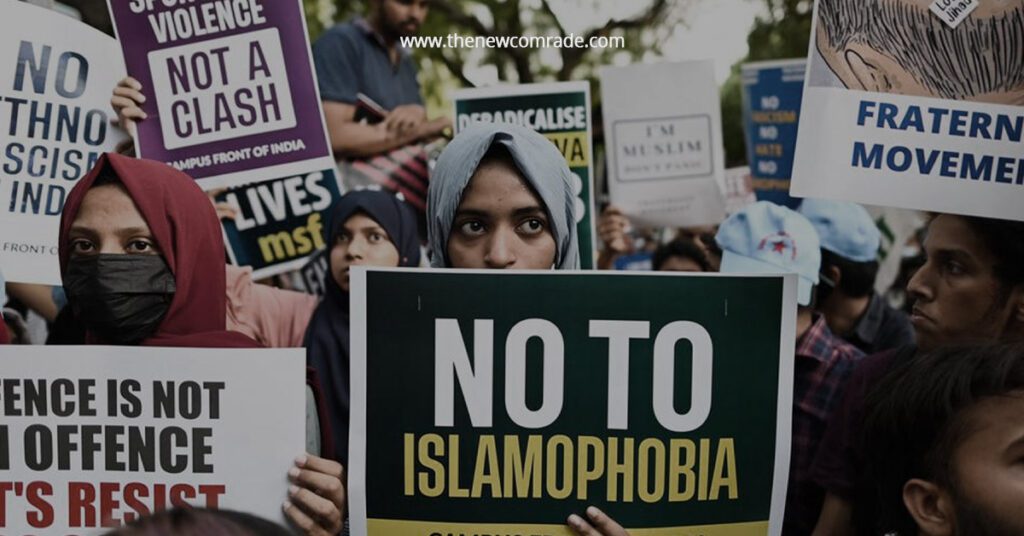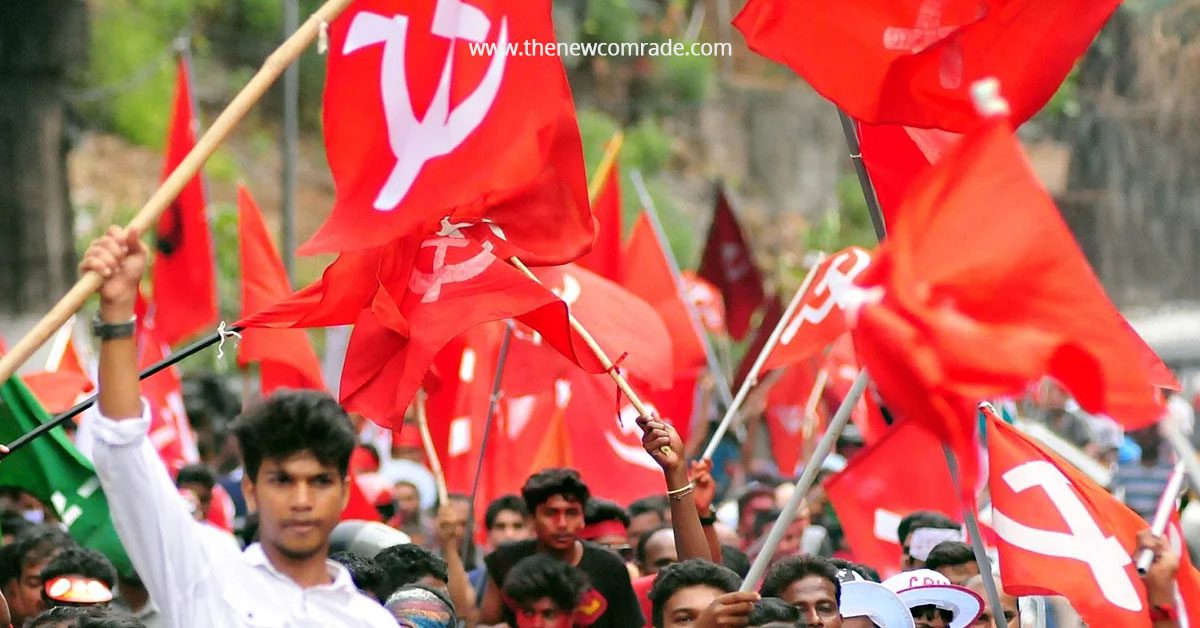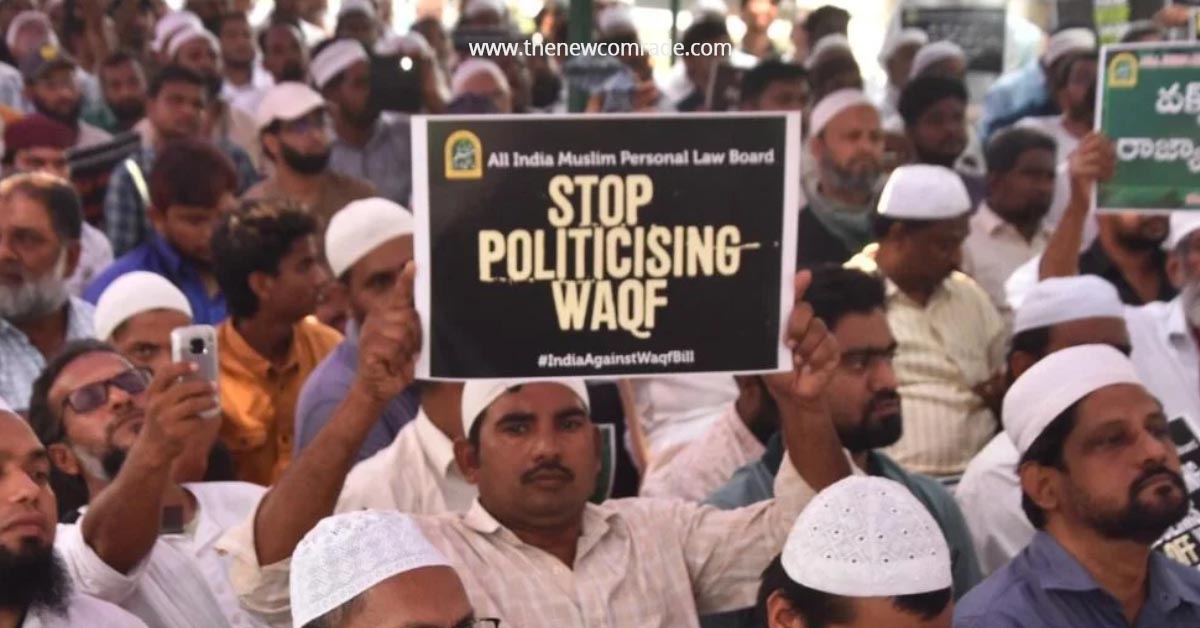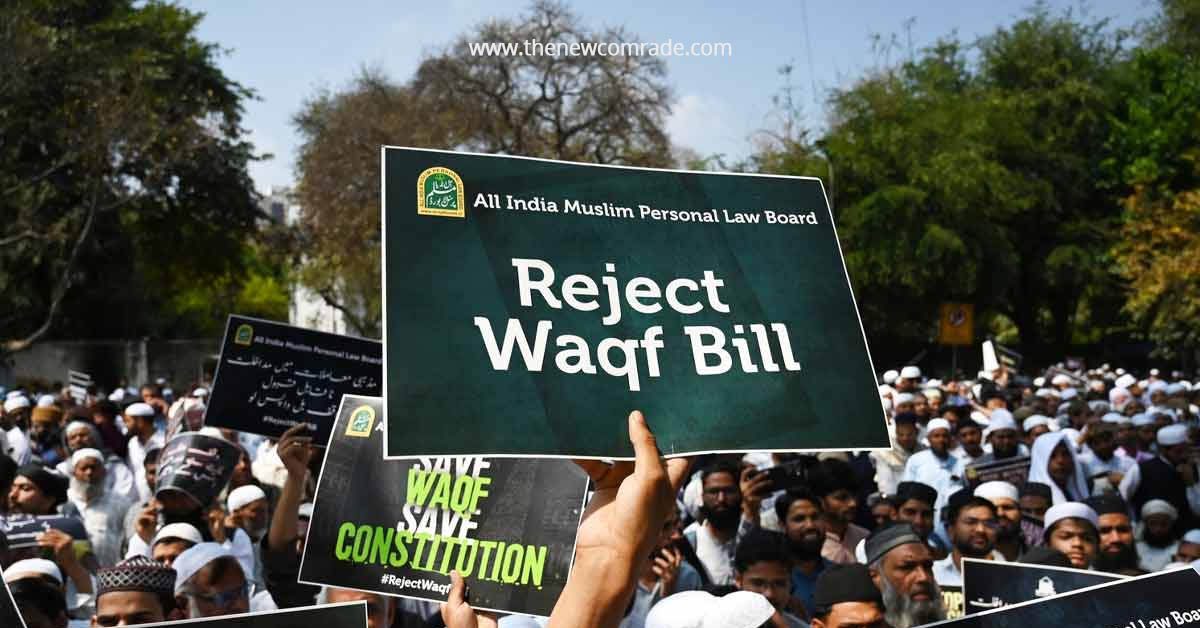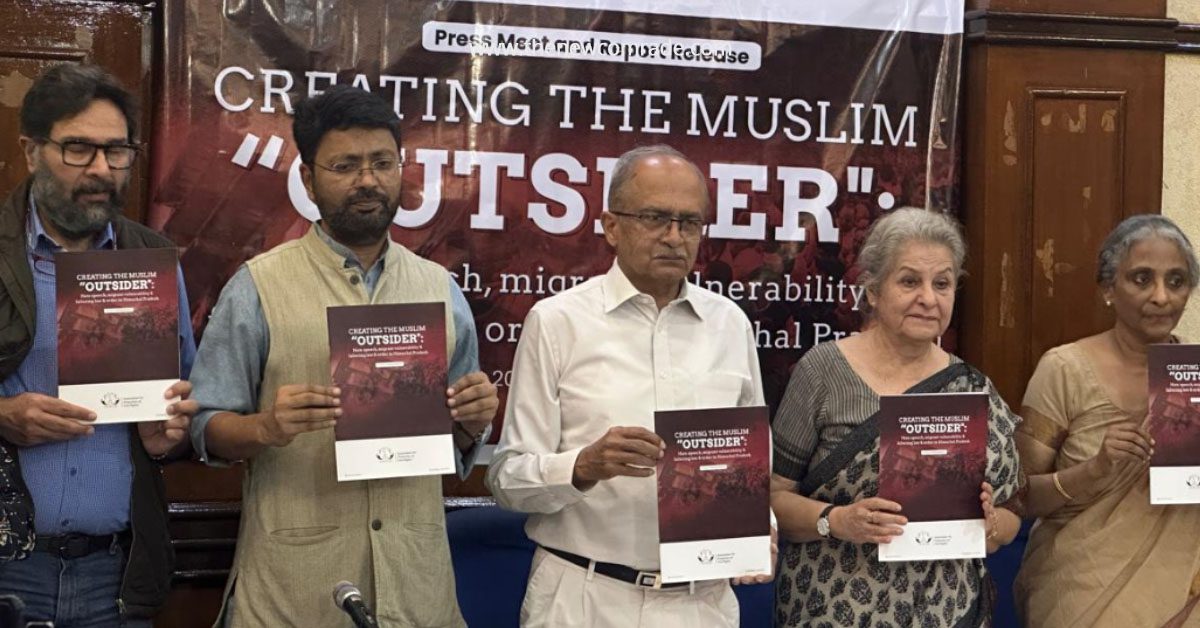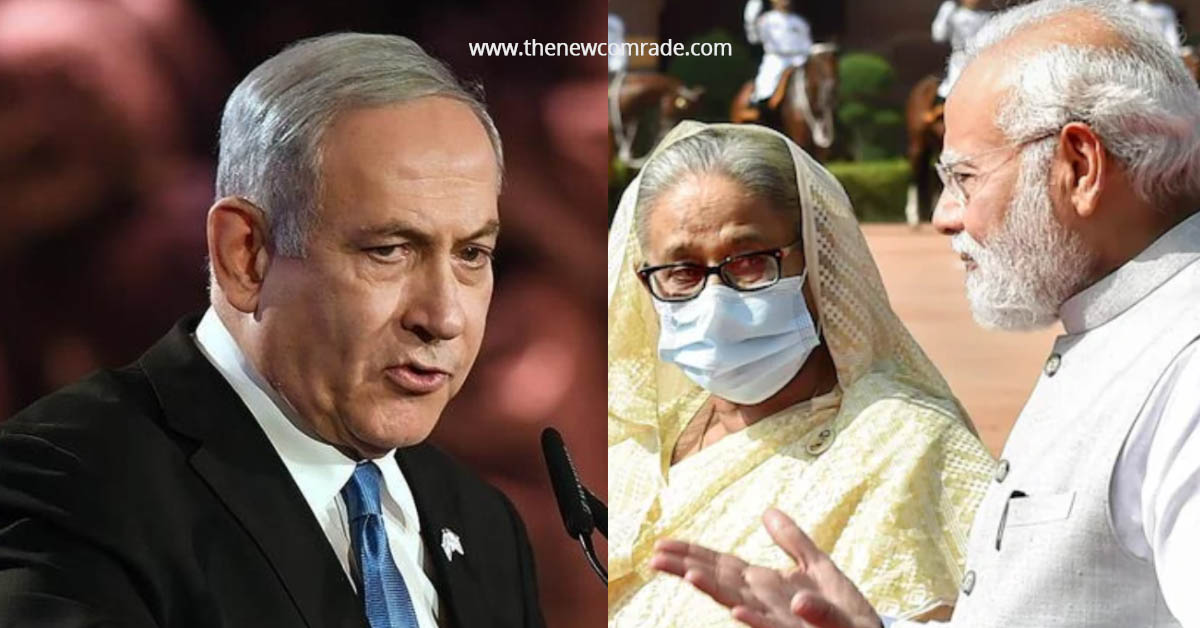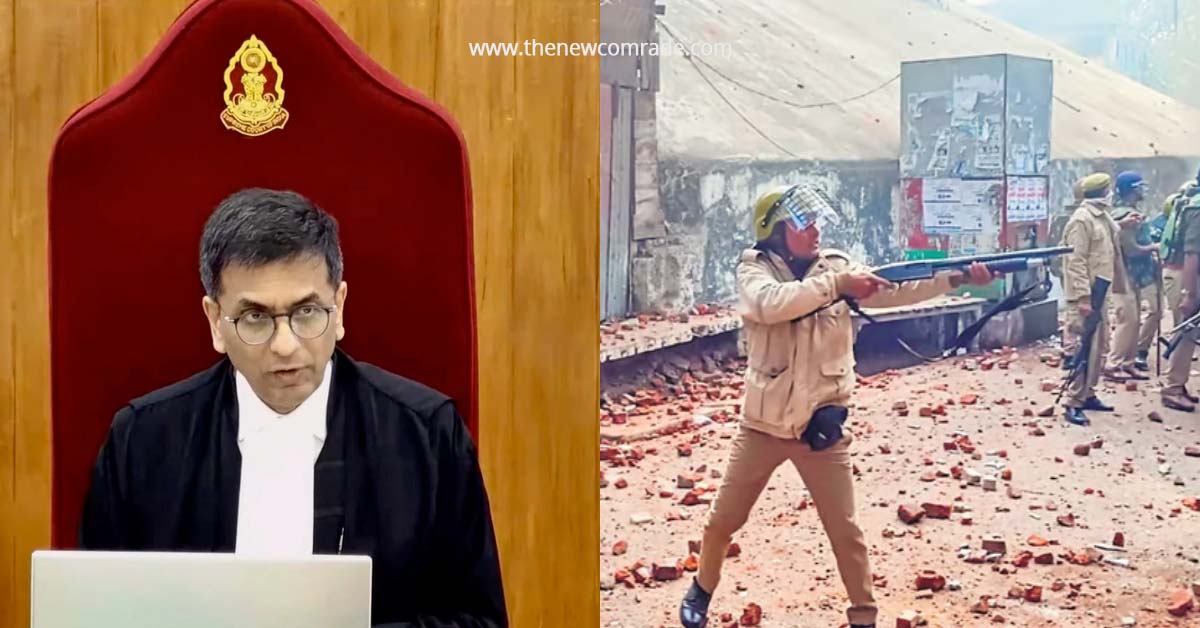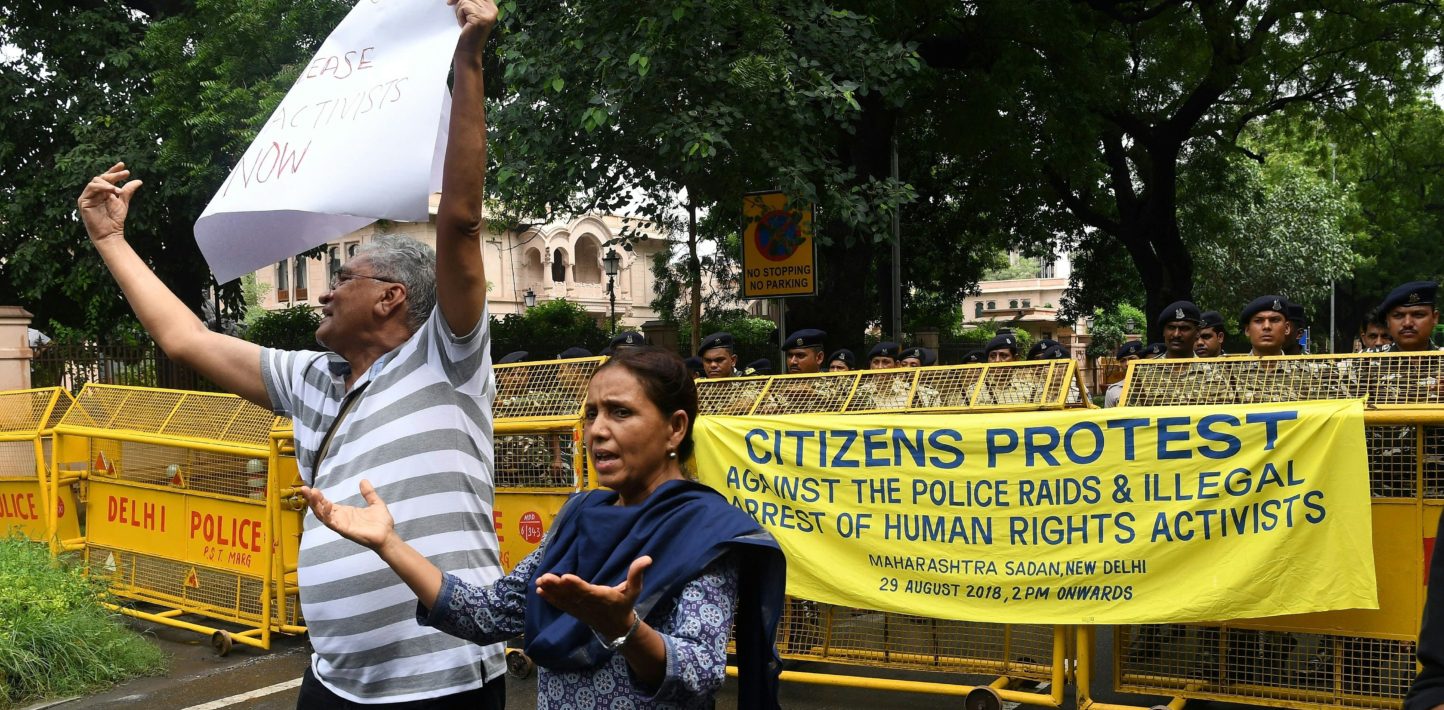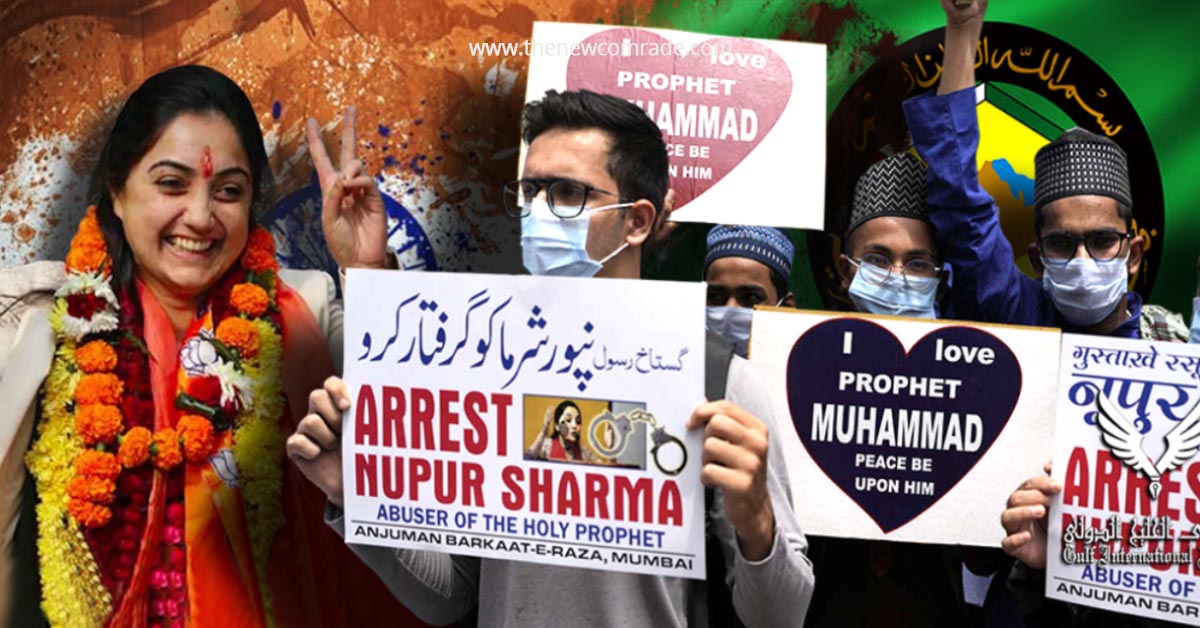Through Resolutions No. 34/47-POL on Combating Islamophobia and Eliminating Hatred and Prejudice against Islam, the OIC Member States “Requests the OIC Islamophobia Observatory to prepare a list of ‘countries of concern’ where Islamophobic policies and actions are prevalent.” (OP-22) Accordingly, the Observatory has been working to identify countries that show the most concerning trend of Islamophobia during the period under review, thereafter being referred to as ‘hotspots’.
The Observatory manages to secure 10 (ten) countries that require particular attention in terms of Islamophobia, namely: France, India, the United Kingdom, the United States, Canada, Germany, the Occupied Palestinian Territory, Sri Lanka, New Zealand, and Australia. In this report, the Observatory would pick some hotspots by showing how, more or less, Islamophobia had developed at top speed during the reviewed months.

India
The Observatory has been alarmed by the trend of Islamophobia in India over the last three years, which was becoming even worse during the past 12 months period, of which a report said that the country had become a “dangerous and violent space for Muslim minorities”. There is no secret that since 2019 the Government has been always in its drive towards Hindutva which is an ultranationalist Hindu ideology. Following the re-election of the Bharatiya Janata Party (BJP) as the ruling government, the party had been actively pursuing the agenda of its parent body, Rashtriya Swayamsevak Sangh (RSS), the Hindu right-wing organization. Their leaders kept openly indicating negative signals on Muslims, including when they expressed concern about the ‘population explosion. BJP introduced the Population Regulation Bill targeted a section of Muslims for their supposedly high birth rates; which went to the extent of claiming that “one particular community was responsible for increasing the population of the country and that was curbing the nation’s development”, called for ‘compulsory sterilization of Muslims.
The strike happened notably by the adoption of the Citizenship Amendment Act (CAA) granting fast-tracked citizenship to undocumented Hindu, Sikh, Buddhist and Christian migrants who had allegedly fled persecution in their countries of origin, except Muslims. The government justified this discriminative omission by claiming that, since Muslims were the majority population in the three neighboring countries, they were simply trying to assist non-Muslims who face religious persecution in those countries by allowing them to remain. In the run-up to the legislation, the government also declared its intentions to create a National Register of Indian Citizens, which would have the potential to render many Muslims stateless” The CAA was widely seen as an anti-Muslim legislation because it introduced religious grounds for granting citizenship, meaning that anyone who was deemed non-eligible under the law was subject to deportation.

As an immediate consequence, more than 4 million people in India, mostly Muslims, were at risk of being declared foreign migrants as the government pushed a hardline Hindu nationalist agenda that challenged the country’s pluralist tradition. This hunt for migrants happened for instance in Assam, a state near the borders with Myanmar and Bangladesh. Many of the people whose citizenship was questioned were born in India and have enjoyed all the rights of citizens, such as voting in elections. All of the 33 million residents of Assam have had to prove, with documentary evidence, that they or their ancestors were Indian citizens before early 1971 when Bangladesh was established. Since BJP returned to power in May 2019, it enacted measures aimed at signaling to Muslims. The Indian authorities had also weaponized the Foreign Contribution (Regulation) Act, which regulates foreign donations to entities in India, against progressive and minority NGOs.
Another significant strike was when India unilaterally wiped out the statehood of India’s only Muslim-majority state, Jammu and Kashmir, removing its special autonomy and turning it into a federal territory (under Article 370 of the Constitution) without any consultation with the local population and leaders — many of whom had since been arrested. The regressive constitutional changes were accompanied by a communication blackout, mass detentions, and a movement lockdown. A military clampdown was imposed to prevent unrest, with mobile phone networks and the internet cut off. Local leaders had been imprisoned. Soldiers roam the streets. India’s governing party said the removal of the special status for Jammu and Kashmir – and a concurrent move to make the region into a federally administered territory – would create a more equal society, removed obstacles to economic progress, and enabled a more effective fight against terrorism. Obviously, the impact of such a revolutionary policy on Islamophobia in these two special regions of India was immense, as the Observatory recorded a massive increase of Islamophobia incidents in the regions in the past three years.
What seems to be a continuous strike is ‘Love Jihad’, while so far at least four other Indian states were drafting laws against Love Jihad, the Islamophobic conspiracy theory developed by proponents of the Hindutva ideology. The conspiracy theory purports that Muslim men target Hindu women for conversion to Islam by means such as seduction, feigning love, deception, kidnapping, and marriage, as part of a broader “war” by Muslims against India, and an organized international conspiracy, for domination through demographic growth and replacement. On December 2, 2020, Police in Uttar Pradesh state had arrested a Muslim man for allegedly trying to convert a Hindu woman to Islam. The arrest was the first under the new anti-conversion law that targets Love Jihad. A complaint filed by the woman’s father the week before accused the man of pressuring his daughter to convert and threatening her life if she didn’t. The woman was allegedly in a relationship with the man but got married to someone else earlier this year. The man was sent to 14 days of judicial custody. He told reporters that he was innocent and had “no link with the woman”. The new law carries a jail term of up to 10 years.
On January 1, 2021, the Telegraph newspaper had reported that nearly 40 Muslim families in this Indian province were planning to flee their village after saying they had been subjected to a campaign of harassment by a Hindu nationalist group, one month after laws were passed criminalizing marriage between Hindus and Muslims. According to the report, Mavi Meera village which had been home to approximately 600 families, and tensions between its Hindu and Muslim residents had existed since 2013. Since the “Love Jihad” laws were passed in November 2020, the Bajrang Dal group had stepped up its regular sermons in the village and described Muslims as outsiders. A Muslim who was the first to flee with his family, saying they no longer felt safe. “The Hindu community wants us to vacate the village. They have been attacking us and harassing us for a long time …. Earlier, there would have been scuffles between the two communities and Hindus would beat us with canes, but now they feel confident to have fired bullets. It is better to leave this village before it turns ugly,” he told the media. When Muslims approached the local police to register the shootings, some Hindu officers allegedly told them to drop the claims or face charges themselves, according to the report.
On January 3, 2021, the Indian state Madhya Pradesh followed the step of Uttar Pradesh, passing a bill to stop Hindu women from converting to Islam. The bill to curb the so-called “Love Jihad: was presented in the state assembly. Narottam Mishra, home minister of the state, said: “The bill includes a maximum punishment of up to 10 years in jail and up to 100,000 Indian rupees ($1358) in fine, with the burden of proof virtually falling on the accused and those associated with the accused, including organizations and institutions,”. An official statement said: “Those looking to change their religion will have to notify two months ahead, failing which the marriage will be considered null and void under the new law.”
Assam, a state in northeastern India had meanwhile passed a law to convert all Islamic schools to regular education institutions. Every government[1]run Islamic school in Assam, locally known as madrassas, would be converted by April 2021, the state’s Education Minister, Himanta Biswa Sarma, confirmed on Twitter on December 30, 2020. In the new law, the madrassas would become “secular schools” and it would not teach students about the Quran, officials said. Opposition politicians had criticized the move, alleging it was a reflection of hardening anti-Muslim attitudes in the Hindu-majority country. Senior state opposition leader Debabrata Saikia claimed the new law was passed by the BJP to “consolidate more Hindu votes … It is a polarization tactic … (The BJP) is trying to do it in an official capacity. There is no such need for a law.” Saikia said. According to the chairman of Assam’s Madrassa Education Board, Imran Hussain, about 700 schools would be impacted.
Courtesy: FOURTEENTH OIC REPORT ON ISLAMOPHOBIA, DECEMBER 2020 – JANUARY 2022
